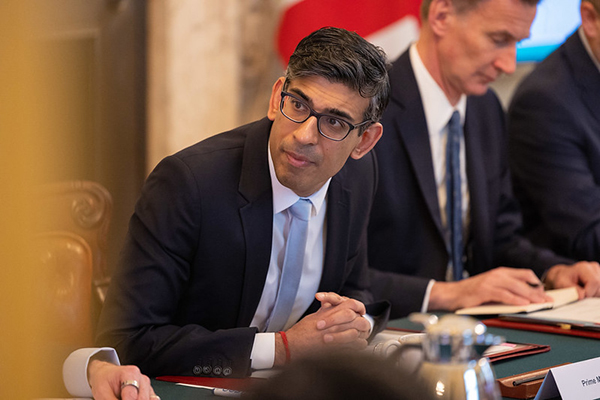Response to reports that UK Prime Minister Rishi Sunak will announce plans to slow down the transition away from fossil fuels

Responding to reports that the UK Prime Minister, Rishi Sunak, will make a speech this week in which he will announce plans to slow down the transition away from fossil fuels, Bob Ward, policy and communications director at the Grantham Research Institute on Climate Change and the Environment at the London School of Economics and Political Science, said:
“This weakening of UK climate policies could have a disproportionately negative long-term impact on the UK economy. It could lead to higher carbon dioxide levels in the atmosphere and therefore more harm to lives and livelihoods in the UK and around the world from floods, droughts and heatwaves. It could hurt economic growth by undermining domestic and overseas investment in a range of sectors that are developing and deploying clean technologies, such as heat pumps and electric vehicles. And it could make UK households poorer and colder because they will remain highly exposed to volatile fossil fuel prices.
“The Prime Minister appears to have forgotten that the current cost of living crisis has been triggered by a huge increase in the price of natural gas following Russia’s invasion of Ukraine, and the UK would have suffered less if it had moved more quickly to embrace clean electricity and clean alternatives to gas central heating. If the winter ahead in Europe is long and cold, natural gas prices will rise again, leading to higher bills for households and businesses and higher inflation. Delaying the phase out of petrol and diesel cars would mean that UK drivers will remain exposed to the volatility of international oil prices, which are currently rising due to cuts by major producers such as Saudi Arabia and Russia. The UK’s dependence on fossil fuels is costly and economically damaging.
“These reports also add to the impression that this Government is weak on environmental issues. However the overwhelming majority of British voters do not want sewage in our rivers and on our beaches, air pollution in our cities, and a more dangerous climate for us and our children.”
ENDS

